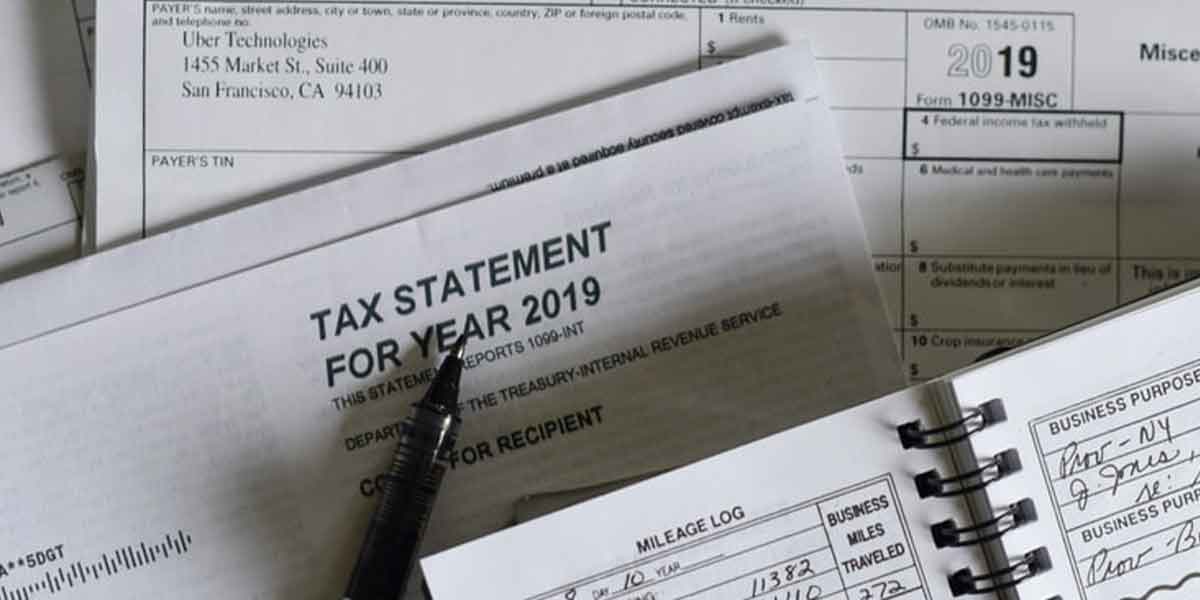Dealing with the loss of a family member is always a challenging time, making it difficult to handle emotions and make important decisions. In such situations, where there are many tasks to manage related to the probate process, it is crucial to seek the guidance of a probate lawyer to navigate through the complexities.
Understanding the Probate Process
Probate is often perceived as a lengthy and costly process involved in transferring the deceased’s estate to the beneficiaries. While it may seem daunting, probate is a common procedure in estate administration. Having a last will or a living trust in place can simplify the estate handling process, but in cases where property distribution is contested, filing a probate case becomes necessary.
The Importance of a Probate Lawyer
A probate lawyer plays a vital role as a mediator between the beneficiaries and the estate executors, ensuring that the decedent’s estate is settled according to their wishes. Even in the absence of a will, a probate lawyer is essential for overseeing the fair distribution of assets and resolving any claims made against the estate.
Services Provided by a Probate Lawyer
A probate lawyer assists in various aspects of the probate case, including gathering important documents such as wills, trusts, assets, and liabilities, managing financial accounts, addressing tax issues, ensuring fair distribution, and validating estate claims. Their expertise helps streamline the probate process and protect the interests of all parties involved.
Cost of Hiring a Probate Lawyer
Contrary to common belief, probate lawyer fees can be negotiated and structured to benefit both the clients and the beneficiaries. By discussing payment plans with the lawyer, you can ensure that the costs are reasonable and aligned with the estate’s needs, without having to bear the expenses personally.
Saving Money with Estate Planning
A probate lawyer’s primary role is to assist in estate planning, offering strategies to minimize costs and maximize benefits for the beneficiaries. By implementing estate planning techniques such as joint tenancy, wills, trusts, and asset distribution, you can safeguard your assets and reduce unnecessary expenses in the probate process.
Benefits of an Estate Plan
Creating an estate plan not only protects your assets but also saves your heirs from potential tax burdens and prolonged legal proceedings. By reducing your estate through asset distribution and establishing trusts or wills, you can avoid estate taxes and ensure a smooth transfer of assets to your beneficiaries.
seeking the guidance of a probate lawyer and implementing an effective estate plan can help you navigate the probate process efficiently, protect your assets, and save money for your loved ones. Planning ahead and making informed decisions can alleviate the financial burdens associated with estate administration.




